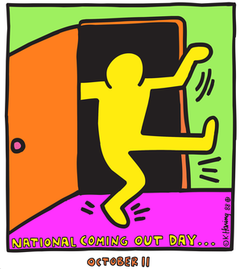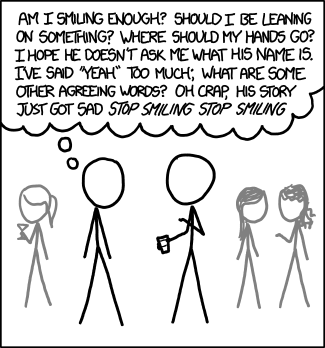 |
| From my Art Journal 2021 |
Dear God, dear Earth who share and show us creation:
Do you see your creation in me? How do I show you physically, mentally, and other ways?
Do I see you when I look up and down and within, even when I don’t remind myself you’re there?
Let me always have my radio tuned to your station in the day, the night and the ocean—so many colors surround me!
And if I don’t know you as I experience you, let me recognize you later, reflecting on my experience—a moment recalled in tranquility like a poem.
Call me eccentric. Call me mystic. Call me Susan, or even “Hey, you!”
I am not everything all the time.
In retirement at age 69, I let go of forces that have oppressed me, that seemed to demand command from me. Now I try to embrace humility and plainness. I am privileged to have earned a retirement, and try to use it well in learning, laughing and serving. I find myself drawn to other senior citizens. I wish everyone had this time to wind down when they have a good 30 more years to live.
I do not know if my life will be a pattern. I can’t focus on that now. I won’t stop meeting that of God in others in order to write a book of myself. I would like to know myself better, but not in an all-consuming project.
There are so many stories to hear! And so many ways to stop supporting war, oppression, and exclusivity. As I come to recognize white supremacy, I reject it and cringe at all the work I have to do to climb away from it. None of the ways out provide an easy climb.
As Parker Palmer says, “Our complicity in world making is a source of awesome and sometimes painful responsibility – and a source of profound hope for change.” I have entered the labyrinth of the journey toward wholeness, and I am not alone.
If I clear the path, others may breathe too. I may find myself in danger. I would give up everything if that would help BIPOC breathe. Oh, my friends. Let me be as willing to be in danger for this truth as early friends were willing to suffer cruelty and death for their beliefs.
Let me be present to assist others in danger. I have been somewhere else. Working. Playing. Watching silently when people are sentenced to prison unjustly. I will myself to observe, to listen, and to speak instead, no matter how uncomfortable. I will myself to help lift other voices, especially BIPOC, who I have not listened to well at all.
This is less reform than re-creation. Of myself and of this world. Maybe a few smaller things to start with (like the pattern of my day). And maybe with frequent retreat to a distance from where I can see the bigger picture.
I believe that if I learn to care for people, I’ll be caring for wildlife, too, and all aspects of Earth.
I seek forgiveness for what we have allowed to happen to others! What we have done to the earth impacts first on the most oppressed people. Let me see this, let me start there in some small way. Dear God, help me enter places where my senses suffer, instead of avoiding these places. Maybe then I will also forgive myself.
Let me “see no stranger” as wonder and pain guide me onward. I want to converse with others, and truly listen. I want to bring all of me, and not be too proud to answer, to ask.
And I am a woman, a she-her, they-them woman, capable of power and sharing power. I know what I know through this identity. I am not afraid to admit it. Forever, it draws me closer to the earth. Forever being a woman makes me love birth, though I have never given birth. Everyone has a mother.
I have howled at the moon, held the candles and the match and the drum and the knife. Everything I have done opens my spirit now. I have been a vegetarian and I have fished and raised and gutted chickens. I have stopped eating angry food. Each thing must have life before it feeds another.
I move around pretending I have the strength of a tree to witness all things, to dig in my roots, drink in the sun and the rain, and to let my heart open like a flower.
I am a woman who embraces trees, who plants them in my tiny yard and watches them, watches them throughout the seasons. I watch them for many years.
I used to perform ceremonies for the life of trees and moss and water, earth, air—using fire and sound and movement. Now I watch. Simplifying everything so that I can learn, reform, transform. Have a reason to live my full life. 30 more years is possible. Imagine what we could create in 30 more years if we listen!
Imagine how we might learn from each other ways to have small victories. Imagine nurturing our spirits with each other in small retreats, and then going back out strengthened to be conscious, intentional, focused, and in love with creation. How we may transform in this transformation! How we might spread the good news.
Dear God, dear Earth who share and show us creation:
Do you see your creation in me? Do I show you physically, mentally, and other ways?
I look at you when I look up and down and within, even when I don’t remind myself you’re there.
I remind myself multiple times a day to tune in to your reality—in the day, the night and the ocean. So many colors and tones surround me!
And if I am not aware that I experience you, let me recognize you later, reflecting on my experience—a moment recalled in tranquility like a poem.
I am no longer trying to be too much or bigger or any other way than a learner in your light. Let me see you in all life. Let the joy I feel in writing this praise turn into hope. Let my hope be full of courage. Let it be shared.
© 2021 Susan L. Chast




